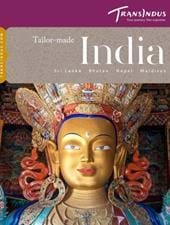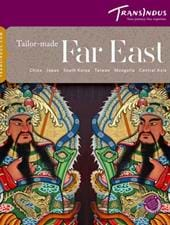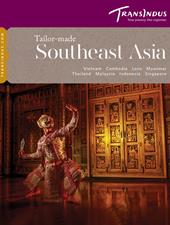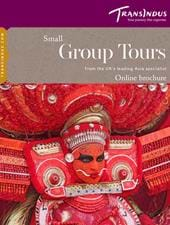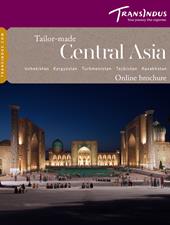Sulawesi is one of Indonesia’s four biggest islands, and its most curiously shaped. Four long peninsulas, divided by yawning blue gulfs, form a sprawling, 1,000km-wide ‘K’ shape, converge on its mountainous core, where a myriad of small villages nestle amid glistening rice terraces against horizons of active volcanoes. Based in trading ports on the coast, the colonial powers struggled to exert control over this remote heartland, whose feuding kingdoms managed to maintain their traditional cultures well into the 20th century, when Christian missionaries evangelized the region.
Few visitors linger in either of Sulawesi’s hot, congested cities – Makassar, the capital, in the southwest, and Manado in the far northeast. Instead, nature and minority cultures provide the incentive to venture to the island’s unspoiled peripheries. Boasting vast swaths of primary forest, countless undeveloped beaches, vibrant reefs and some unique wildlife viewing opportunities, Sulawesi is ripe for off-beat exploration.
Its principal national park, Tangkoko, ranks among the best places in the world for seeing elusive tarsiers – tiny, nocturnal primates distinguished by their oversized ears and bug eyes. Rare possums called kuskus and the peculiar looking babirusa pig-deer are other species seldom seen elsewhere. The diving and snorkelling are superlative too, particularly in Wakatobi in the southeast, up north in the Gulf of Tomini, and at Lembeh Strait and the Bunaken Marine National Park, near Manado on Sulawesi’s northeastern tip, whose waters lie within the fabled ‘Coral Triangle’ – one of the planet’s purest marine ecosystems.

